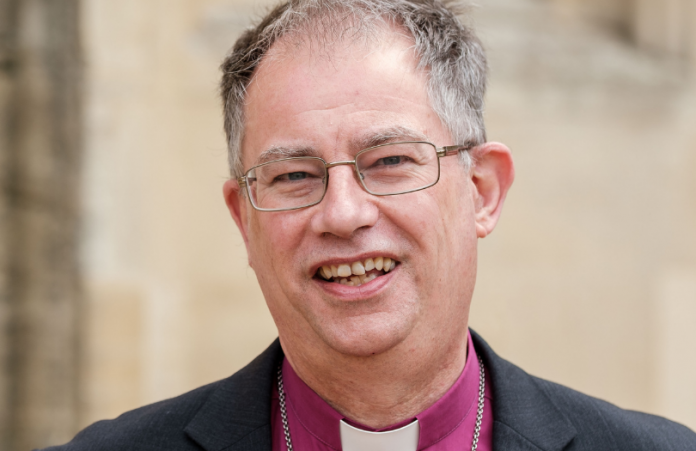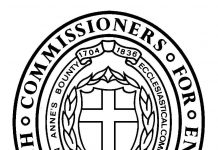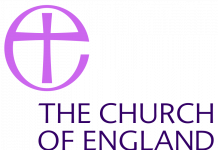| Copy of letter sent to all licensed clergy 11 May 2023 |
It is important in any partnership that there is communication, honesty and trust. You and I share the cure of souls in this diocese and so, where I have made a mistake, I need to be open about that and apologise, and to recognise that I do so as your Diocesan Bishop. A little over ten years ago I made a mistake in my safeguarding practice. That mistake was costly for the survivor and for this I am very sorry. What happened In 2012 I was the Bishop of Sheffield and one of the clergy then in my care made a reference to non-recent abuse against him. It was a passing reference in the context of a pastoral phone call I made to him and I did not understand him to be making a formal disclosure of abuse. Because of other pastoral concerns, I arranged for a colleague to offer him support and organised to visit him myself some weeks later My visit could not then happen because separate and unrelated complaints were brought against him under the Clergy Discipline Measure. He later disclosed his childhood abuse in writing, but not the details of the abuser, within correspondence about the CDM complaint that was copied to and shared with others. The situation at the time was complex. The survivor resigned his living during this period and there were a number of issues within the parish he was leaving. My mistake was to prioritise my role in the CDM process and assume that someone else in the chain was dealing with the safeguarding elements of his letters. Some years later I discovered the name of the abuser; a priest who had retired to live in the diocese. In 2017 he was charged by the Police but tragically took his own life on the day he was due to appear in court. There was some publicity about my handling of the case around the time of my translation to Oxford in 2016. I had offered to meet with the survivor in order to apologise, but I was very hesitant to comment publicly on his allegations against me; I did not want to make life any more difficult for him by publicly disagreeing with some of his claims and it was important to allow the Church and Police investigation processes to conclude. The investigations did not reach the threshold of a complaint or part of complaint being upheld, charges brought or other penalty. This meant that the work to conduct a Learning Lessons Review could begin. Like all bishops, I have had to deal with instances of sexual abuse by clergy, church officers and volunteers. Each one is distressing to deal with. I have always sought to ensure that allegations are followed up, and that complainants and respondents are properly supported, but I know that on this occasion I didn’t get everything right and I could have done more to support the survivor. The Learning Lessons Review The national Church has today published the Learning Lessons Review, which considers the Church’s handling of the survivor’s allegations against the late Revd Trevor Devamanikkam, and the concerns he has raised about our handling of these. The independent reviewer substantiates some of the survivor’s disclosures of abuse to senior members of clergy. I accept the reviewer’s findings and I have repeated my apologies to the survivor; I am very sorry for what happened. In her report the reviewer answers questions that have been pending for many years, but most importantly confirms that: the survivor was abused in 1984, when he was just 16 years old, by Revd Devamanikkam; and that I did not act sufficiently on the disclosures in 2012. There are several other observations, but the key takeaway for me is to be reminded (once again) that that it is essential to act on every safeguarding disclosure, regardless of what else is going on. Today the Church has much fuller and better policies and procedures, including practice guidance where safeguarding and the CDM process overlap. We now have the resources of the NST (National Safeguarding Team) and our highly professional safeguarding team here in Oxford to manage disclosures and the careful follow up that is required. But they cannot do that work if disclosures are handled poorly. In the past few weeks I have met with the Provincial Safeguarding Adviser and the diocesan Head of Safeguarding to reflect on my current safeguarding practice and to discuss the relevant parts of the report in detail together. It is never easy confronting one’s own mistakes and weaknesses. In 2016 I wrote that these events had made me determined and committed to listen well to survivors of abuse and to help the wider Church do so as well. My commitment holds firm and I share this learning lessons review with you today in the firm hope the Church avoids such mistakes in future. Please do not hesitate to write to me about this matter if that would be helpful.  The Rt Revd Dr Steven Croft, Bishop of Oxford The Rt Revd Dr Steven Croft, Bishop of Oxford |










